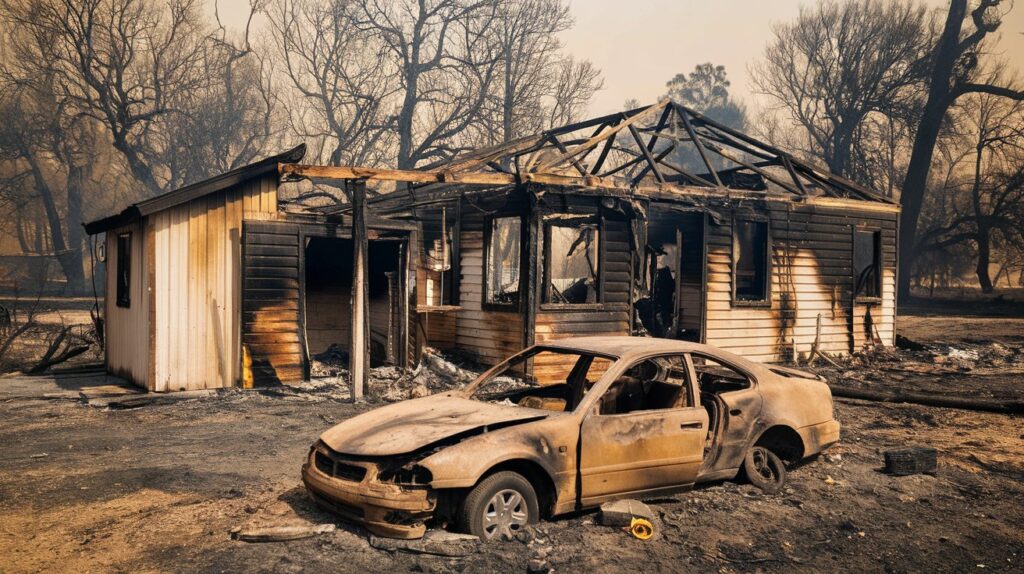Hawaii, known for its lush landscapes, volcanic terrain, and unique ecosystems, is a paradise for both residents and tourists. However, its tropical climate can sometimes increase the risk of natural disasters, such as wildfires. Communities across the islands have faced challenges when these fires strike, impacting homes, businesses, and livelihoods.
Recovering from the damage caused by wildfires often requires professional help, which is why working with Hawaii wildfire lawyers at Singleton Schreiber, a renowned law firm with proven track record in wildfire cases, is essential. Legal experts can help victims navigate insurance claims, seek compensation, and ensure that no rights or entitlements are overlooked.
Understanding the steps to rebuild both property and financial stability is essential. From documenting losses to accessing federal aid, survivors need a strategic approach to restore normalcy and protect themselves from future risks. This guide covers essential steps for recovering after a wildfire disaster.
Legal and Financial Support
Consulting legal and financial professionals is often the first step toward recovery. Law firms with proven track records in wildfire cases can assist victims in filing insurance claims, pursuing liability cases, and accessing government programs implemented for disaster relief. Their guidance ensures the process is smoother and less stressful.
Individuals experiencing property damage or financial losses should explore all options for compensation. To get the compensation they deserve, victims need proper evidence and must overcome challenges in the insurance claim process.
Being represented by skilled professionals maximizes access to resources, helping victims recover damages for property, living expenses, and other losses. Legal expertise is vital to ensure survivors receive the support they are entitled to.
Importance of Documentation
Thorough documentation is the cornerstone of financial recovery after a wildfire. Victims should create detailed lists of destroyed or damaged property, including photographs, receipts, and appraisals. Accurate records strengthen insurance claims and government aid applications.
Documentation also helps when negotiating settlements or pursuing claims for negligence. The more organized the evidence, the more effective the recovery process, ensuring that every loss is accounted for.
Insurance Claims and Challenges
After thorough documentation, filing an insurance claim is the next crucial step in recovering financial losses. Most policies cover fire-related damages, but valuation disputes and policy limits can complicate the process. Working with an experienced attorneys simplifies these negotiations.
In cases of negligence, victims may pursue legal claims against responsible parties. Expert representation ensures claims are handled correctly and increases the likelihood of fair compensation.
Federal and State Assistance
For those with insufficient insurance coverage, federal and state programs provide critical support. Temporary housing aid, low-interest rebuilding loans, and grants for uninsured losses can ease the financial burden. The Small Business Administration also offers disaster loans for rebuilding and essential expenses.
Additional community resources, mental health services, and local support programs help families recover emotionally and socially.
Conclusion
Recovering from a wildfire is challenging, but strategic planning, legal guidance, and proper documentation can make the process more manageable. Survivors can rebuild property, restore financial stability, and prepare for future risks.
Key Takeaways:
- Legal guidance from an experienced wildfire lawyers at Singleton Schreiber maximizes recovery options.
- Accurate documentation is critical for insurance and government claims.
- Federal and state programs supplement insurance and aid recovery.
- Financial planning and public adjusters help restore stability efficiently.
- Long-term preparedness reduces vulnerability to future wildfires.

